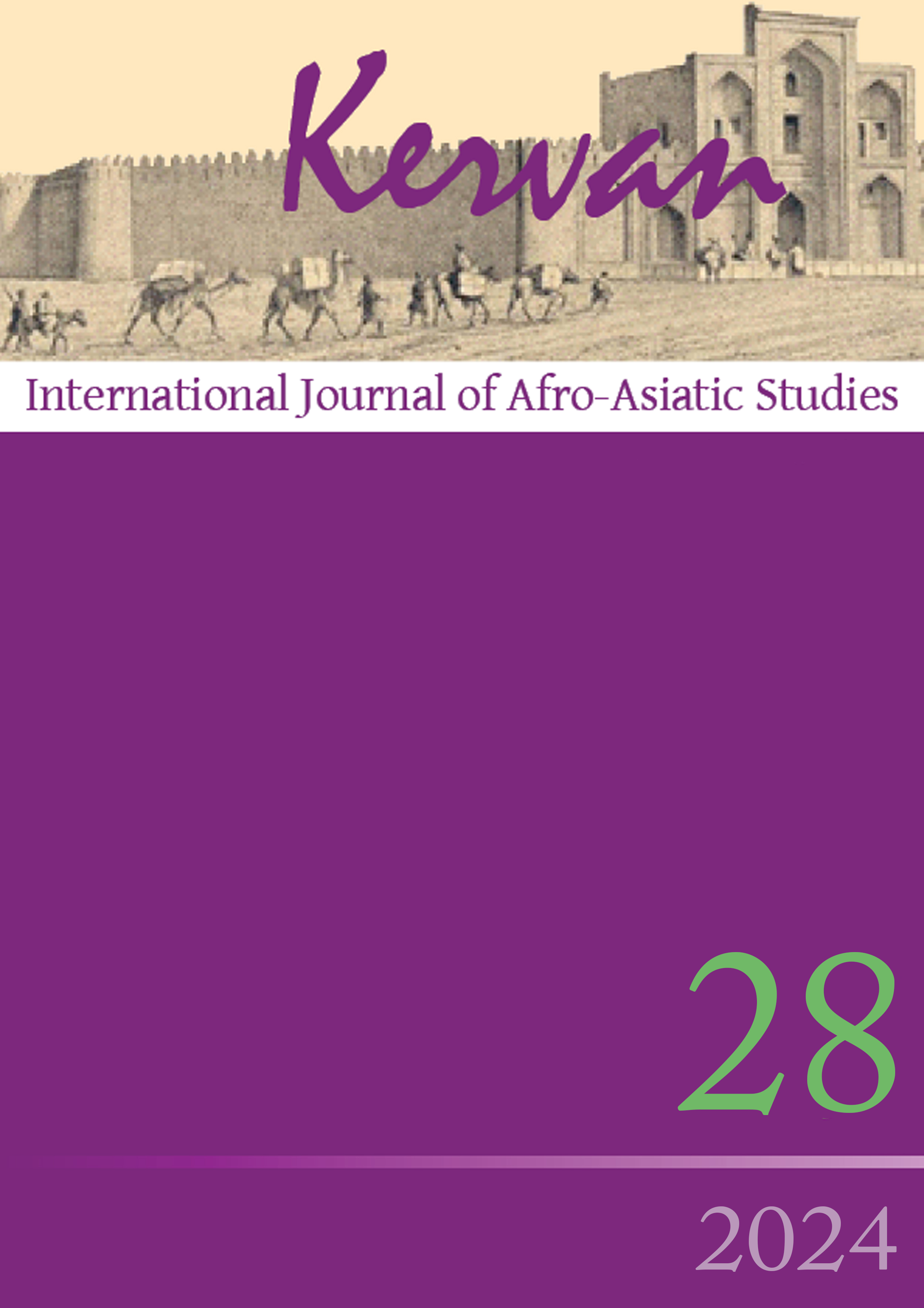Legal fictions in East Asia: Recovering a forgotten mode of judge-centered jurisprudence
DOI:
https://doi.org/10.13135/1825-263X/10103Abstract
In much of Western legal historical scholarship, legal fictions are understood to be devices for maintaining the integrity of text-based legal codes in the face of social change. However, while legal fictions as such were not a topic of scholarly inquiry in East Asia prior to the introduction of the concept from the West, East Asia is nevertheless rich in examples of another kind of legal fiction: jurisprudential legal fictions, or legal fictions effected by judges and rooted in culture (often including religion). The mythical, moral xiezhi beast in ancient China, and judge-centered moral reasoning in pre-modern Japan, point to legal fictions beyond the traditional categories of such in much of Western scholarship, as well as to legal fictions within the West now largely forgotten after the advent of Enlightenment thinking on textual law.
Downloads
Downloads
Published
Issue
Section
License
Gli autori che pubblicano su Kervan accettano le seguenti condizioni:
- Gli autori mantengono i diritti sulla loro opera e cedono alla rivista il diritto di prima pubblicazione dell'opera, contemporaneamente licenziata sotto una Licenza Creative Commons - Attribuzione che permette ad altri di condividere l'opera indicando la paternità intellettuale e la prima pubblicazione su questa rivista.
- Gli autori possono aderire ad altri accordi di licenza non esclusiva per la distribuzione della versione dell'opera pubblicata (es. depositarla in un archivio istituzionale o pubblicarla in una monografia), a patto di indicare che la prima pubblicazione è avvenuta su questa rivista.


 The articles that have appeared on Kervan since 2016 are rated as Class A in the system of National Scientific Qualification (ASN, disciplines 10/N1 and 10/N3).
The articles that have appeared on Kervan since 2016 are rated as Class A in the system of National Scientific Qualification (ASN, disciplines 10/N1 and 10/N3). The journal has been approved for inclusion in DOAJ. The DOAJ listing of the journal is available at
The journal has been approved for inclusion in DOAJ. The DOAJ listing of the journal is available at  The journal has been approved for inclusion in ERIH PLUS. The ERIH PLUS listing of the journal is available at
The journal has been approved for inclusion in ERIH PLUS. The ERIH PLUS listing of the journal is available at  Kervan was just accepted for indexing in SCOPUS. This important milestone ensures that articles published in Kervan are easily found when searching for library, archives and Information science and it enables Kervan authors to keep track of how often their article has been cited by others.
Kervan was just accepted for indexing in SCOPUS. This important milestone ensures that articles published in Kervan are easily found when searching for library, archives and Information science and it enables Kervan authors to keep track of how often their article has been cited by others.

